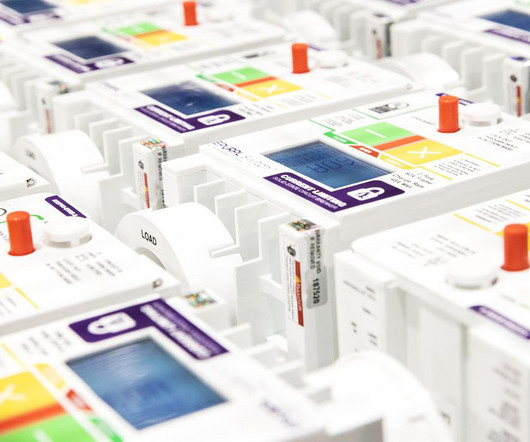Draft of EPA Greenhouse Gas Inventory Shows Overall GHG Emissions Down By 2.9% in 2008; Transportation Emissions Down 5.7% in Largest Annual Change Recorded Since 1990
Green Car Congress
MARCH 9, 2010
CO 2 emissions from the US transport sector, 1990-2008. The draft report of the US Environmental Protection Agency (EPA)’s annual Inventory of US Greenhouse Gas Emissions and Sinks: 1990-2008 shows that in 2008, overall greenhouse gas (GHGs) emissions decreased by 2.9% (206.1 Tg CO 2 in 2008 from 1,893.8 Click to enlarge.























Let's personalize your content